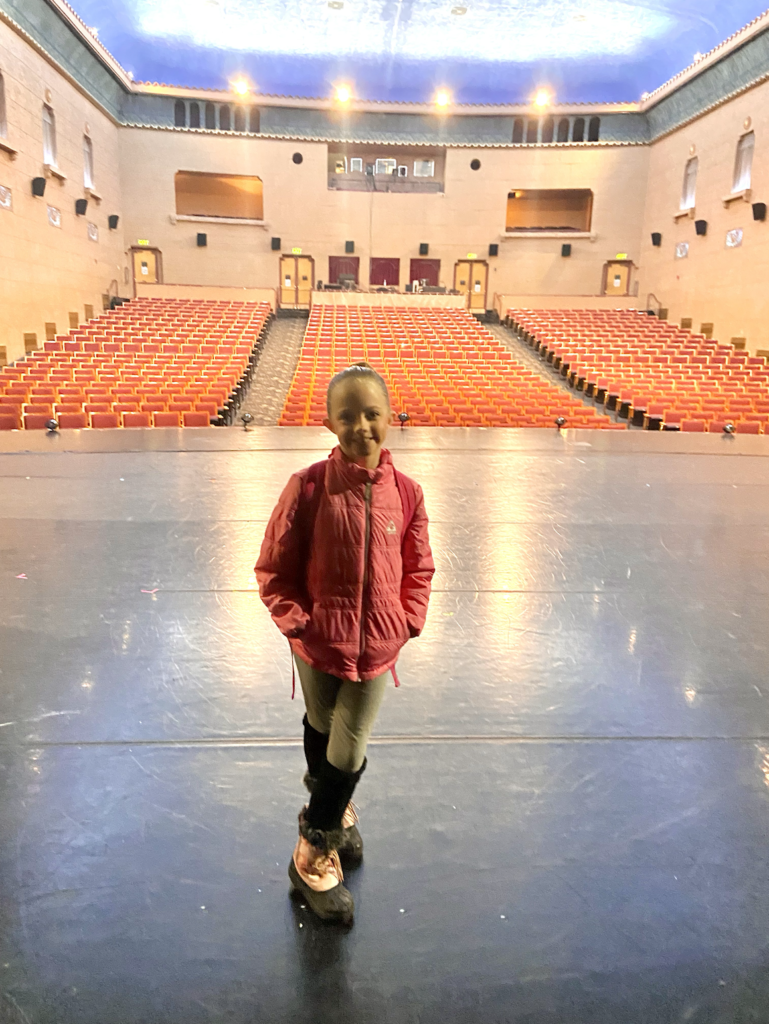
The First Lesson
There is never enough time in the first lesson. Think about all the things you would like to say and do. You could go on for hours! How do you get enough information into that little head to get them excited about music, motivated to work hard, and able to have a successful first practice week?
It’s kind of a huge subject to tackle, because no two students are exactly alike in personality, learning style, background, or previously-acquired knowledge and skills. Maybe you have a 5-year old who has never had a music class, an 8-year old who has played the violin for 4 years, a teenager who has had years of piano lessons but stumbles through reading simple pieces (oh, that one hurts my heart), or an adult who nervously admits to always having wanted to play, but fearing it is too late to learn.
So, rather than specifically outlining exactly what you “should” say or teach in the first lesson, I’d like to give some broad guidelines. Whatever you do, remember that you don’t have to do it all in the first lesson. Keep it simple, keep it fun, and be yourself.
- Make the student comfortable.
- Get to know them a little before diving into the subject matter. Even though there is a lot to cover, remember that this is the beginning of a (hopefully) long and important relationship. They need to know you are interested in them as a person, as well as a musician.
- Make sure they know they can ask questions at any time.
- If you’re anything like me, you (the teacher!) might be a little shy when getting to know a new student. Let them know that it will take a little while for the two of you to get to know each other. And don’t be afraid to let your personality show.
- Tell the student a little about yourself, including things unrelated to music. Give them something they can identify with.
- Give the student some structure.
- Explain how your lessons will flow.
- Explain how their assignment book is structured.
- Explain what they are expected to do at home each day.
- Talk about the shared responsibilities of the student, parent, and teacher.
- Get the student excited.
- Do something fun! Young children especially have eagerly looked forward to this day, filled with the wonder of music that is so evident to their little minds. Be careful to nurture that wonder, rather than squashing it with lengthy explanations and assignments.
- Get off the bench. Move to the music. Do not for a moment let this newly opened mind begin to believe that music is boring and unmoving.
- Give the student confidence.
- Teach them something right in the lesson that they can master and take home with them. For a younger student, it might be as simple as naming 3 notes on the keyboard. An older student might be able to learn a simple piece by ear.
- Explain very clearly what you want them to practice at home, and how to practice it. Give them enough to do that they will make some progress, but not so much that they will be overwhelmed.
I haven’t talked about what technique, theory, or literature to cover in the first lesson. Those things differ so completely based on the student’s age and experience that I hardly know where to begin. But you will know what to do, and if you don’t, you’ll make it up until you do. We all do that as teachers; the key is to do it with confidence!


 Previous Post
Previous Post Next Post
Next Post


















Bonnie this is so inspiring! What a wonderful post.
Great post! Instilling a love for music is so important.